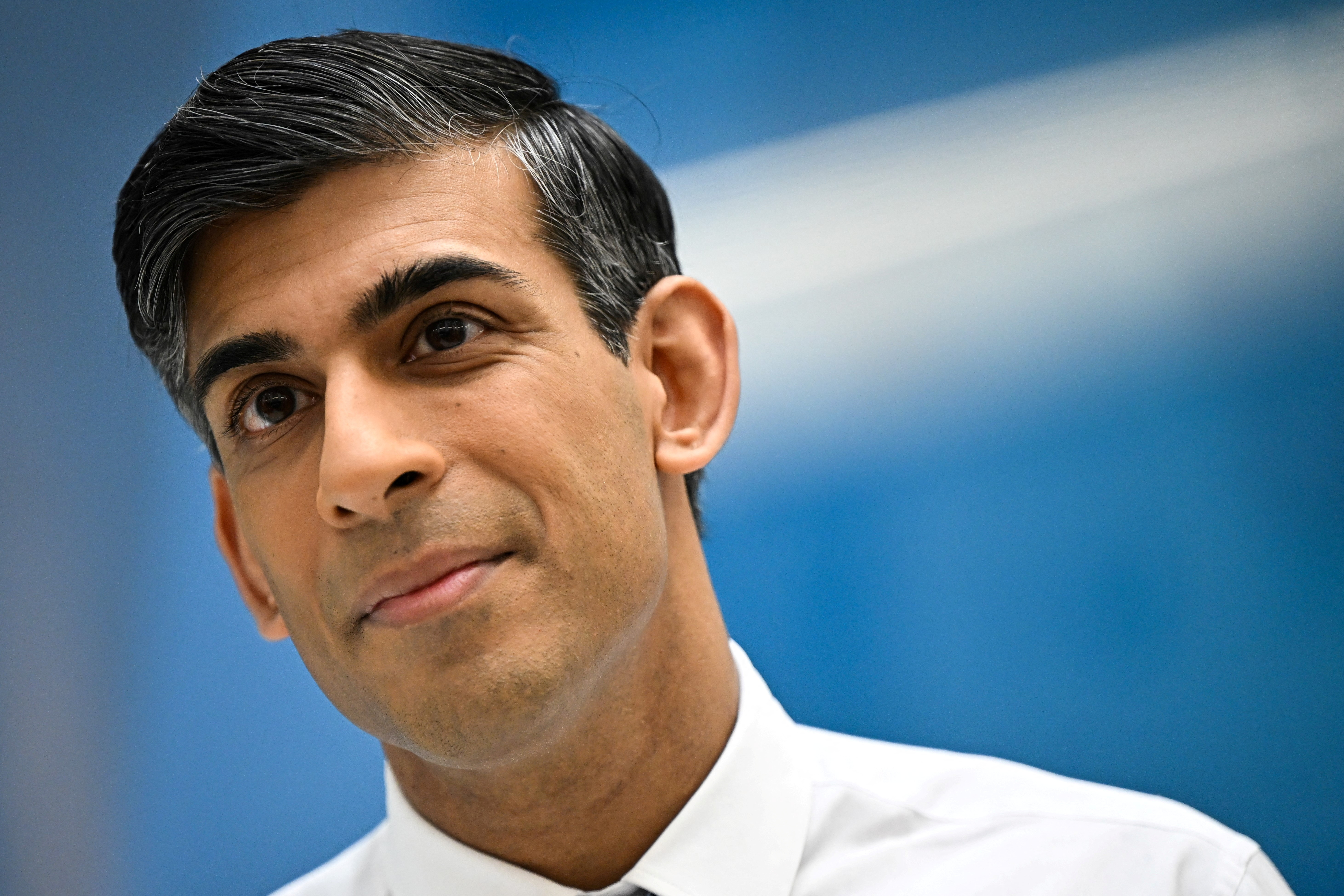British Prime Minister Rishi Sunak said on Monday his plan to stop migrants arriving in small boats had reduced crossings by 20%, an update he hopes will ease criticism from his party and in the country over immigration policy.
Sunak, who is expected to lead his governing Conservative Party into a national election next year, has promised to “stop the boats” from crossing the English Channel as one of his five pledges after he was propelled to power in October last year.
But he has been criticised by members of his own party and the public for not moving quickly enough, with people protesting about the housing of hundreds of migrants in hotels after record numbers arrived in Britain last year.
“In the five months since I launched the plan, crossings are now down 20% compared to last year,” Sunak told a news conferencein southern England.
“The plan is working,” he said, adding his government was not complacent and would work hard to make sure parliament passed a new law.
The opposition Labour Party said Sunak had failed to clear the backlog of tens of thousands of asylum claims and that 7,600 people had crossed the English Channel so far this year – a total that is likely to increase over the summer months.
Britain has long struggled to curb the number of arrivals on its southern shores, but Sunak is keen to show his plan of securing agreements with other European countries to reduce the numbers arriving and a toughening of the country’s stance on immigration can produce results.
He said a deal with Albania had meant that Britain was returning more migrants to the country and that London was increasing its provision of accommodation for those awaiting immigration decisions. He said the government had secured two new vessels to house migrants to move them out of hotels.
Sunak said so far this year, “the number of Albanian small boat arrivals has fallen by almost 90%” and that Britain was now accepting one in 50 Albanian asylum cases compared with one in five previously.
He urged parliament to pass his new Illegal Migration Bill, which will allow for the swift detention and deportation of people arriving on small boats back to their homeland or to so-called safe third countries such as Rwanda.
It is now in the upper house of parliament, where peers could try to weaken some its provisions.
“This won’t be solved overnight, and people will continue to come this summer, which is why it’s so important that we change the law,” he said.
“My policy is very simple: it is this country – and your government – who should decide who comes here, not criminal gangs. I will do what is necessary to achieve it. I said I would stop the boats and I meant it.”







Click here to change your cookie preferences